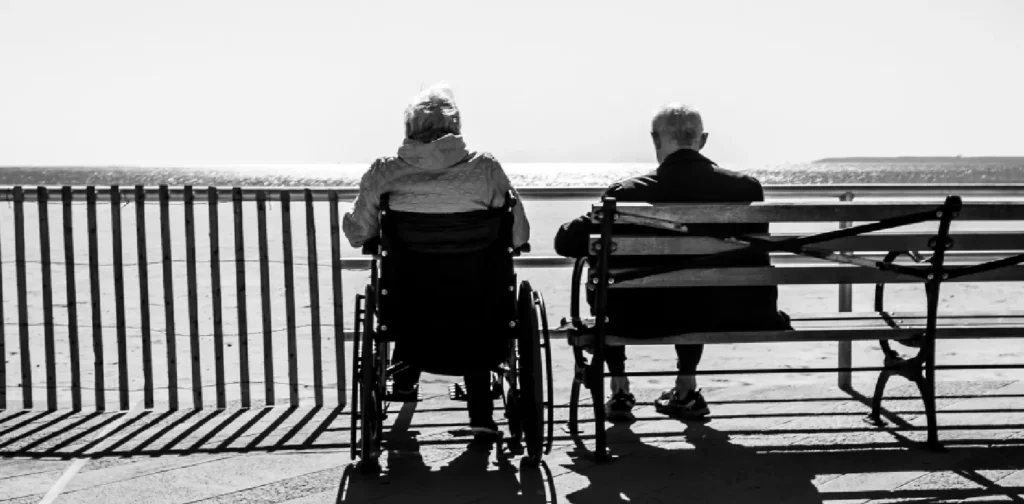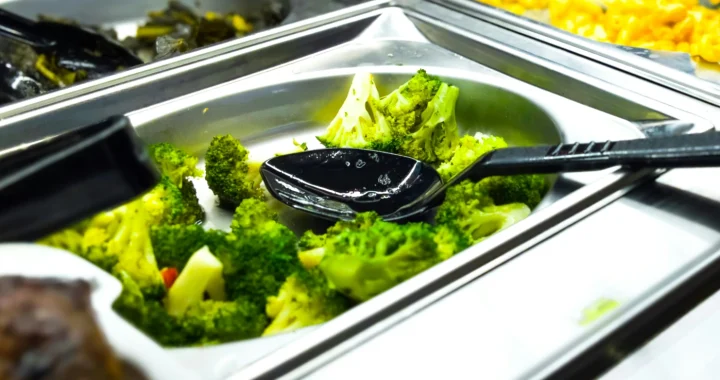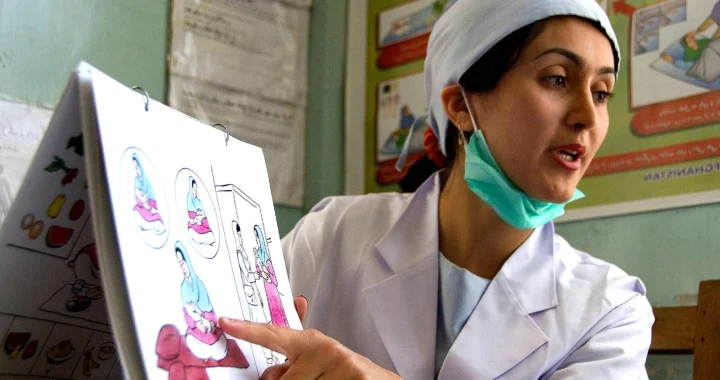Community-Based Solutions to Support Older People in Vietnam

Photo: Bruno Aguirre on Unsplash.
Older people are often left out of society. While the development of the healthcare system has allowed people to live longer, there are only limited services tailored to older people’s needs. In this light, the Intergenerational Self-Help Clubs (ISHCs) aim to provide community-based solutions to safeguard the health and wellbeing of older people in Vietnam.
Older People in Vietnam
The number of older people in society has quickly grown in recent decades. Between 1980 and 2021, people aged 65 years or older tripled from 260 million to 761 million. In 2050, the number is projected to reach 1.6 billion.
Vietnam is experiencing a similar trend, as it is considered one of the fastest-aging countries in the world. The United Nations Population Funds stated that the number of Vietnamese people over 60 is predicted to double from 11.4 million (11.8% of the population) in 2019 to 22.8 million (20.8% of the population) in 2039.
Moreover, older people in Vietnam tend to live alone but still have relatives nearby. As many as 6.3% of the older population need assistance in daily activities, such as eating, putting on or taking off clothes, bathing or washing, getting up when lying down, and getting to and using the toilet.
The Intergenerational Self-Help Clubs
The Intergenerational Self-Help Clubs (ISHCs) was established by the non-governmental organization HelpAge International in Vietnam in response to the need for care and assistance for older people in Vietnam.
The ISHCs work at the grassroots level. Each club consists of 50-70 members, the majority being older people, women, and members of vulnerable groups, providing mutual support to one another.
In essence, the initiative aims to increase older people’s participation in society through income-generating activities and improve their access to healthcare and social care services. This includes providing regular health checkups and monitoring and home care services, as well as access to health insurance, culture and educational services, and other resources.
“Before, I often cried because I could sit only in one place. But since they (ISHC volunteers) come to help, my life has changed, I feel much happier now,” said Bui Thi Duoi, age 78. She lives in the Cao Phong district of Hoa Binh province and receives support from two ISHC homecare volunteers as both of her legs are paralyzed due to illness.
Care for All
When it first started in 2006, the ISHCs consisted of 60 clubs. In 2021, the World Bank partnered with the Japan Social Development Fund (JSDF) to support the expansion of ISHCs in six provinces: Thanh Hoa, Hoa Binh, Quang Binh, Da Nang, Khanh Hoa, and Ninh Thuan. HelpAge International in Vietnam partnered with the Association of the Elderly to expand the project. As of 2024, the initiative has established 186 clubs and benefitted more than 24,725 people. After all, ensuring older people’s right to a healthy and secure life must not be overlooked in our efforts to achieve a society where no one is left behind.
Editor: Nazalea Kusuma

Co-create positive impact for people and the planet.
Amidst today’s increasingly complex global challenges, equipping yourself, team, and communities with interdisciplinary and cross-sectoral insights on sustainability-related issues and sustainable development is no longer optional — it is a strategic necessity to stay ahead and stay relevant.

Kresentia Madina
Madina is the Assistant Manager of Stakeholder Engagement at Green Network Asia. She holds a bachelor’s degree in English Studies from Universitas Indonesia. As part of the GNA In-House Team, she supports the organization's multi-stakeholder engagement across international organizations, governments, businesses, civil society, and grassroots communities through digital publications, events, capacity building, and research.


 Systemic Shift to Enable Healthy School Food Environments
Systemic Shift to Enable Healthy School Food Environments  Looking into the Global Midwife Shortage
Looking into the Global Midwife Shortage  Reframing Governance in the Era of Water Bankruptcy
Reframing Governance in the Era of Water Bankruptcy  Strengthening Resilience amid Growing Dependence on Space Infrastructure
Strengthening Resilience amid Growing Dependence on Space Infrastructure  Indian Gig Workers Push Back Against 10-Minute Delivery Service Strain
Indian Gig Workers Push Back Against 10-Minute Delivery Service Strain  Call for Governance: Grassroots Initiatives Look to Scale Efforts to Conserve Depleting Groundwater
Call for Governance: Grassroots Initiatives Look to Scale Efforts to Conserve Depleting Groundwater